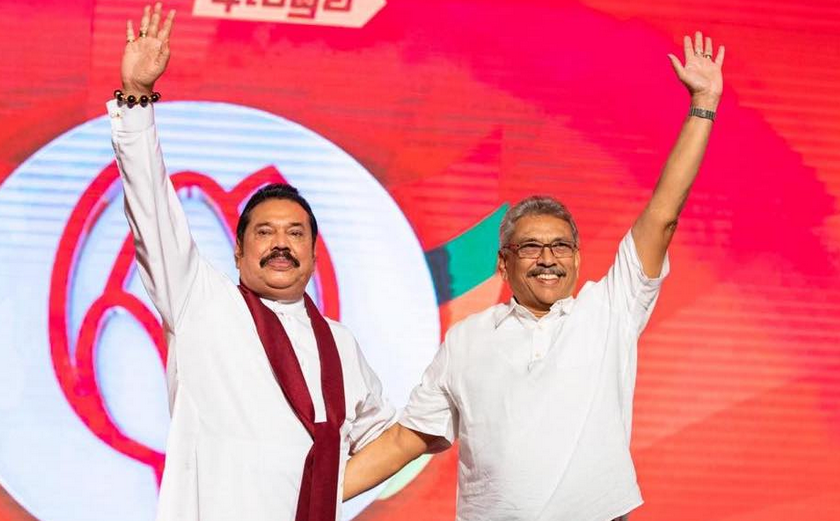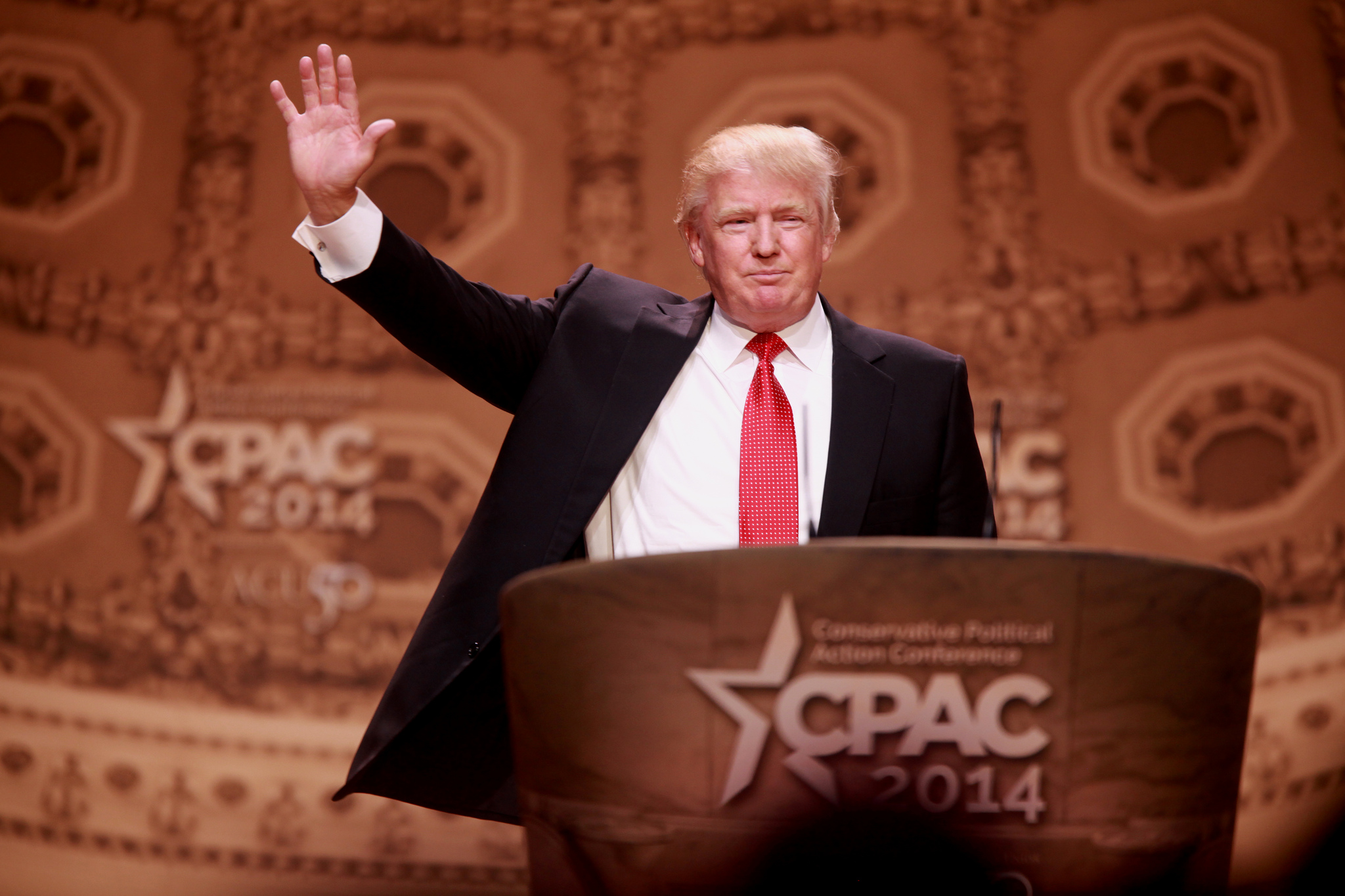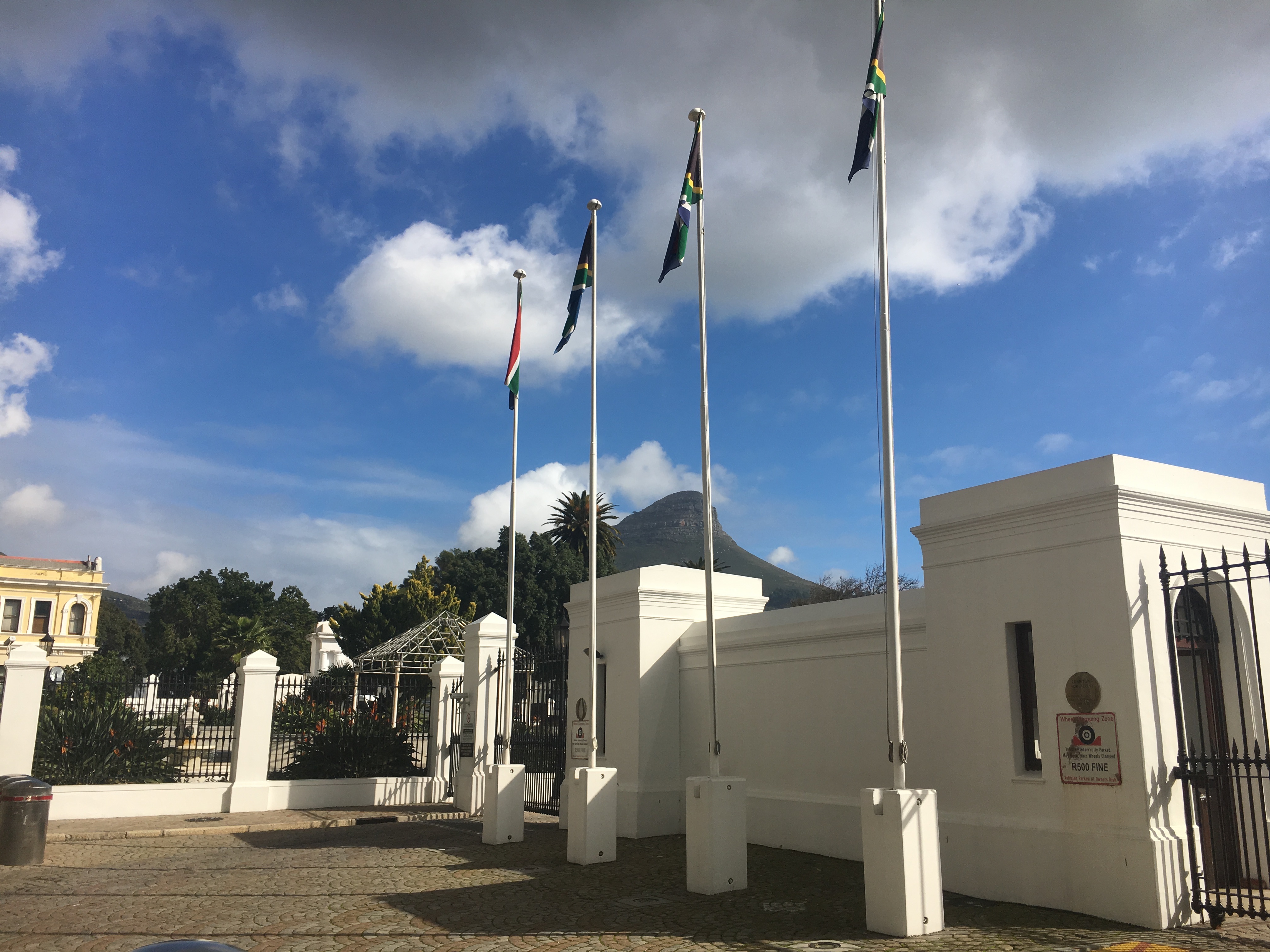Last week we asked why Kenya’s recent general election was peaceful, in contrast to the post-election violence that followed the country’s divisive December 2007 vote. At first glance this peaceful nature is puzzling: the election was close, like in 2007, and observers were concerned that violence would once again ensue. So why did little violence occur? Commenter hearabout suggests that in the years following the traumatic 2007-8 unrest Kenyans have worked to prevent tribal and political violence, and election media coverage has been comparatively milder. “Further,” hearabout writes, “the main actors of the 2008 violence, Kenyatta and Ruto and such, have also demonstrated restraint and called for peace.”
You May Also Like
Strongman Benefits from Terrorism and Security Concerns in Sri Lanka
- November 20, 2019
By Page Fortna Sri Lankans went to the polls on Friday, 10+ years after a long-running civil war,…
Modeling Piracy: A Bridge Between the Academic and Policy Communities
- March 1, 2016
By Andrew Scott for Denver Dialogues This January, the Sié Chéou-Kang Center for International Security and Diplomacy hosted…
Why My German-Born Dad is Terrified of Trump
- January 13, 2016
By Barbara F. Walter My German Dad, who lived through WWII in Bavaria, is terrified of Trump. Every…
Why Do Some People Participate in Democracy, While Others Don’t?
- October 4, 2022
Lindsay Morgan interviews Cesi Cruz and Christopher Ojeda Democracy depends on the participation of its citizens. But many…
Understanding Trends in Electoral Violence: Lessons from South Africa
- April 25, 2019
Guest post by Patrick Pierson. The African continent will see two dozen elections in 2019. While many observers…
Rising Violence and the Risks to Children in Burkina Faso
- August 11, 2021
Guest post by Christopher M. Faulkner and Jared Thompson In June, Islamist militants launched an attack against the…






